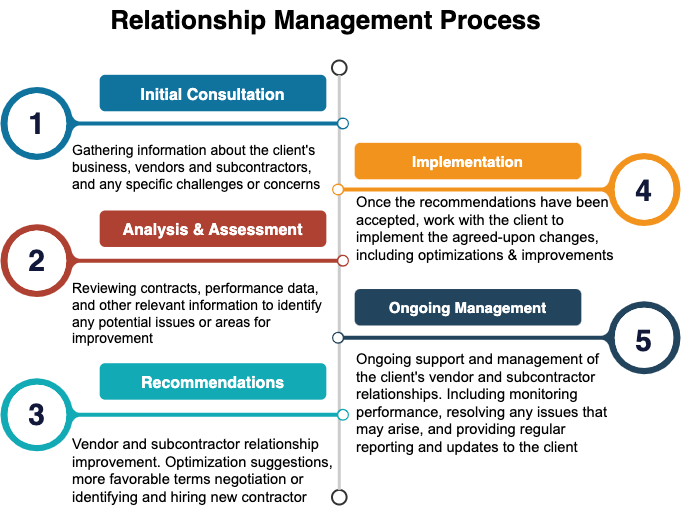Lean startup
Lean startup is a methodology that is designed to help entrepreneurs and innovators quickly and efficiently validate their ideas and bring them to market. It is based on the principles of the lean manufacturing movement, and emphasizes the importance of rapid experimentation, continuous learning, and customer feedback.
At the core of the Lean startup approach is the idea of the "minimum viable product" (MVP), which is a version of the product or service that has just enough features to be able to test the core assumptions and hypotheses of the business idea. By quickly and inexpensively creating an MVP, teams can gather feedback from customers and other stakeholders, and use that feedback to iteratively improve and refine the product or service.
In addition to the MVP, Lean startup also emphasizes the importance of regular experimentation and learning, known as the "build-measure-learn" loop. Through this process, teams can continually test and validate their assumptions, and make informed decisions based on real-world data and feedback. This can help teams to avoid common pitfalls such as building the wrong product, or building the right product for the wrong market.
Another key aspect of Lean startup is the focus on customer-centricity. Rather than simply building features and hoping that customers will like them, Lean startup encourages teams to focus on creating value for customers, and to regularly engage with customers and other stakeholders to understand their needs and preferences. This can help teams to avoid building products that are not aligned with customer needs, and to create products that are truly valuable and useful.
The Lean startup methodology is based on a set of core principles that are designed to help teams quickly and efficiently validate their ideas and bring them to market.
These principles include:
Entrepreneurship: The idea that teams should be entrepreneurial, and should approach their work with an innovative and growth-oriented mindset.
Continuous learning and experimentation: The idea that teams should be agile and adaptable, and should continually learn and iterate on their ideas and products.
Customer-centricity: The idea that the needs and preferences of customers should be the primary focus of all business activities.
Validated learning: The idea that teams should use real-world data and feedback to validate or invalidate their assumptions, and to make informed decisions.
Rapid iteration and pivoting: The idea that teams should be able to quickly adapt and change their approach in response to changing market conditions or customer feedback.
By adhering to these principles, teams can avoid common pitfalls such as building the wrong product, or building the right product for the wrong market. Instead, they can focus on creating value for customers, and on quickly and efficiently validating their ideas and bringing them to market.
Overall, Lean startup is a powerful methodology that can help teams to quickly and efficiently validate their ideas, and to bring them to market in a way that is focused on customer value and continuous learning. By embracing the principles of lean startup, teams can avoid common pitfalls, and increase the chances of success for their projects and businesses.
When To Choose Lean Startup
It is based on the principles of the lean manufacturing movement, and emphasizes the importance of rapid experimentation, continuous learning, and customer feedback.
Lean startup is well-suited for projects that are characterized by a high degree of uncertainty or risk, as it allows teams to quickly test and refine their ideas, and to pivot in response to changing market conditions or customer feedback. Some common situations where lean startup might be a good choice include:
Projects with a high degree of uncertainty or risk, such as new product or service launches
Projects with a high degree of market or customer uncertainty, such as in rapidly changing industries
Projects that require a high degree of collaboration and communication, such as cross-functional teams or distributed teams
Lean Startup pros and cons
Pros:
Lean startup emphasizes rapid experimentation and learning, which can help teams to quickly validate or invalidate their assumptions and make informed decisions.
Lean startup encourages customer-centricity, which can help teams to focus on creating value for customers, rather than simply building features.
Lean startup supports agile and iterative development, which can help teams to quickly adapt to changing market conditions or customer feedback.
Lean startup promotes collaboration and communication, which can help teams to work together effectively and efficiently.
Cons:
Lean startup can be challenging to implement, especially for organizations with a traditional organizational structure or a culture of hierarchy and bureaucracy.
Lean startup can be difficult to manage, as it requires coordination and collaboration across multiple teams and stakeholders.
Lean startup can be time-consuming, as it requires regular experimentation and iteration, as well as regular meetings and updates to the project plan.
Lean startup can be complex, especially for organizations with large and legacy systems, which can make it difficult to implement and maintain.
People Also Viewed










